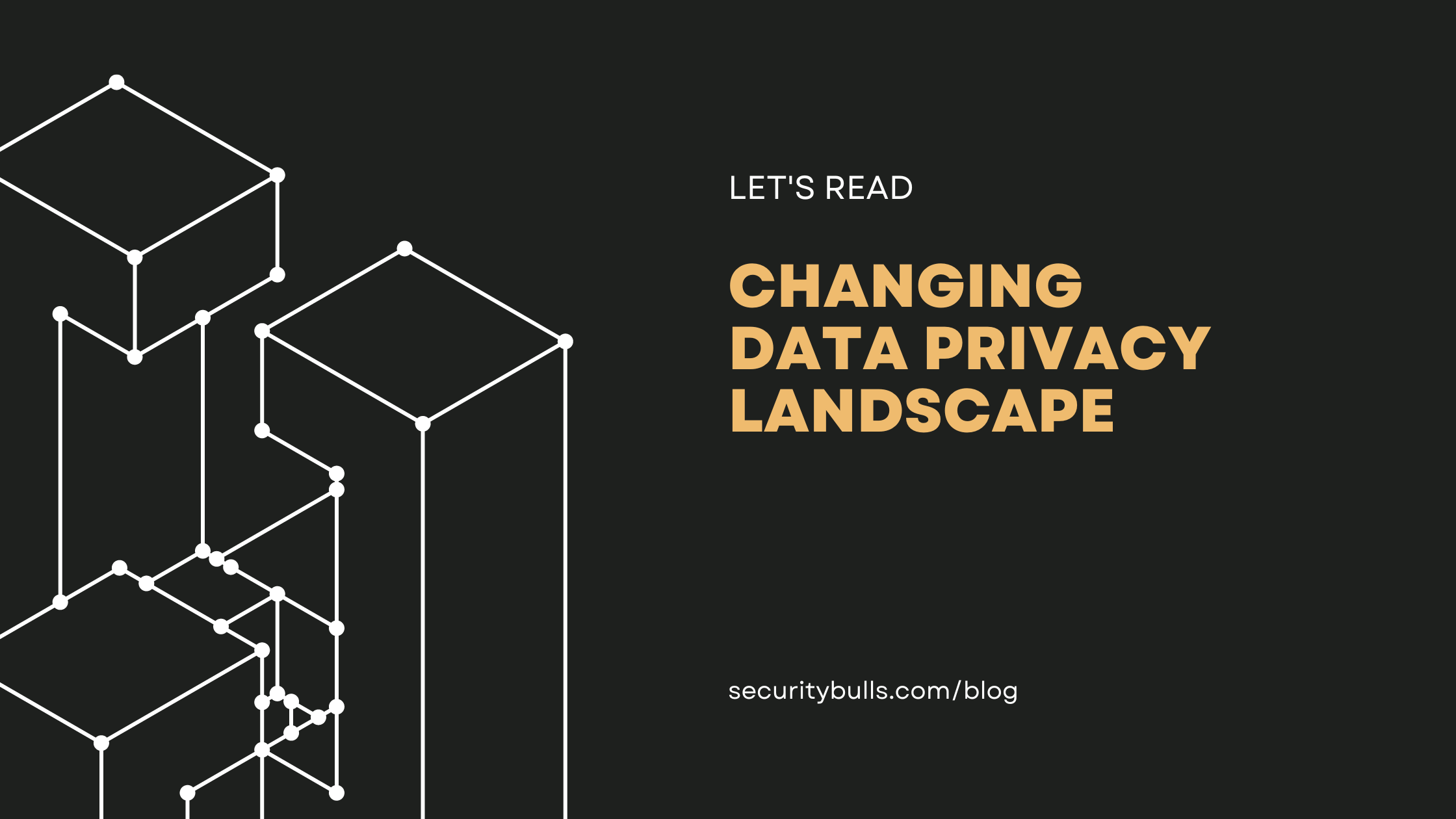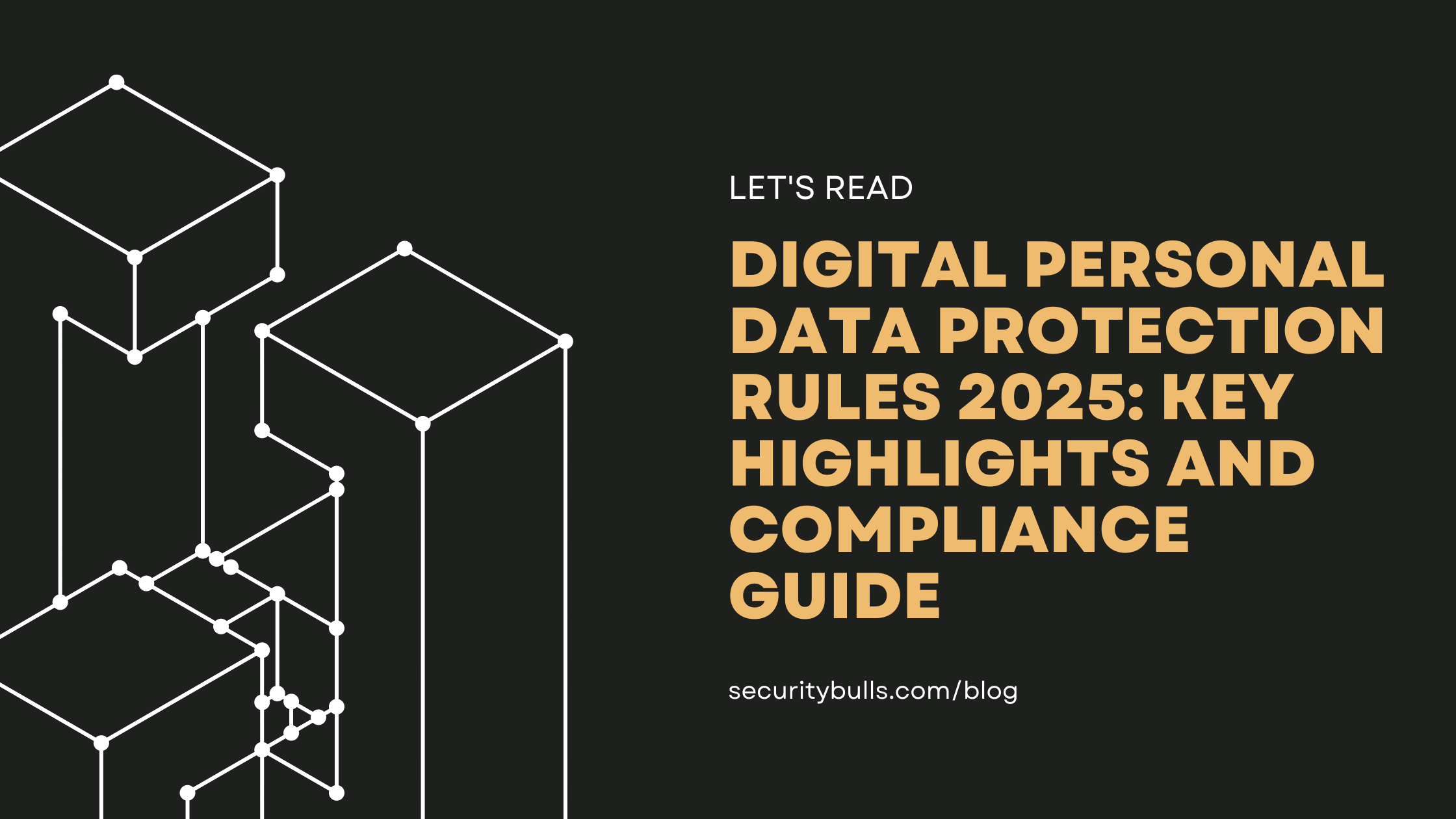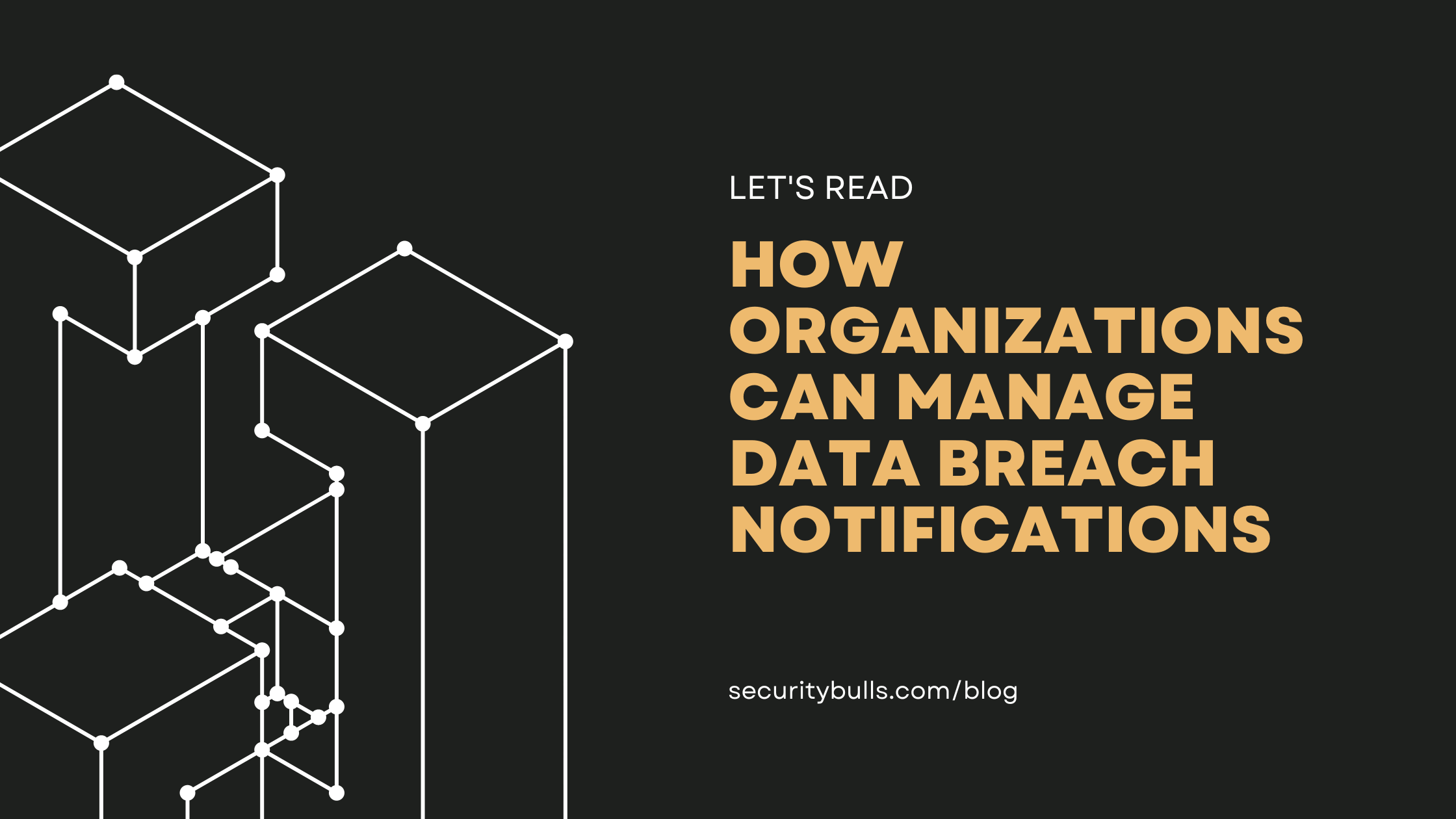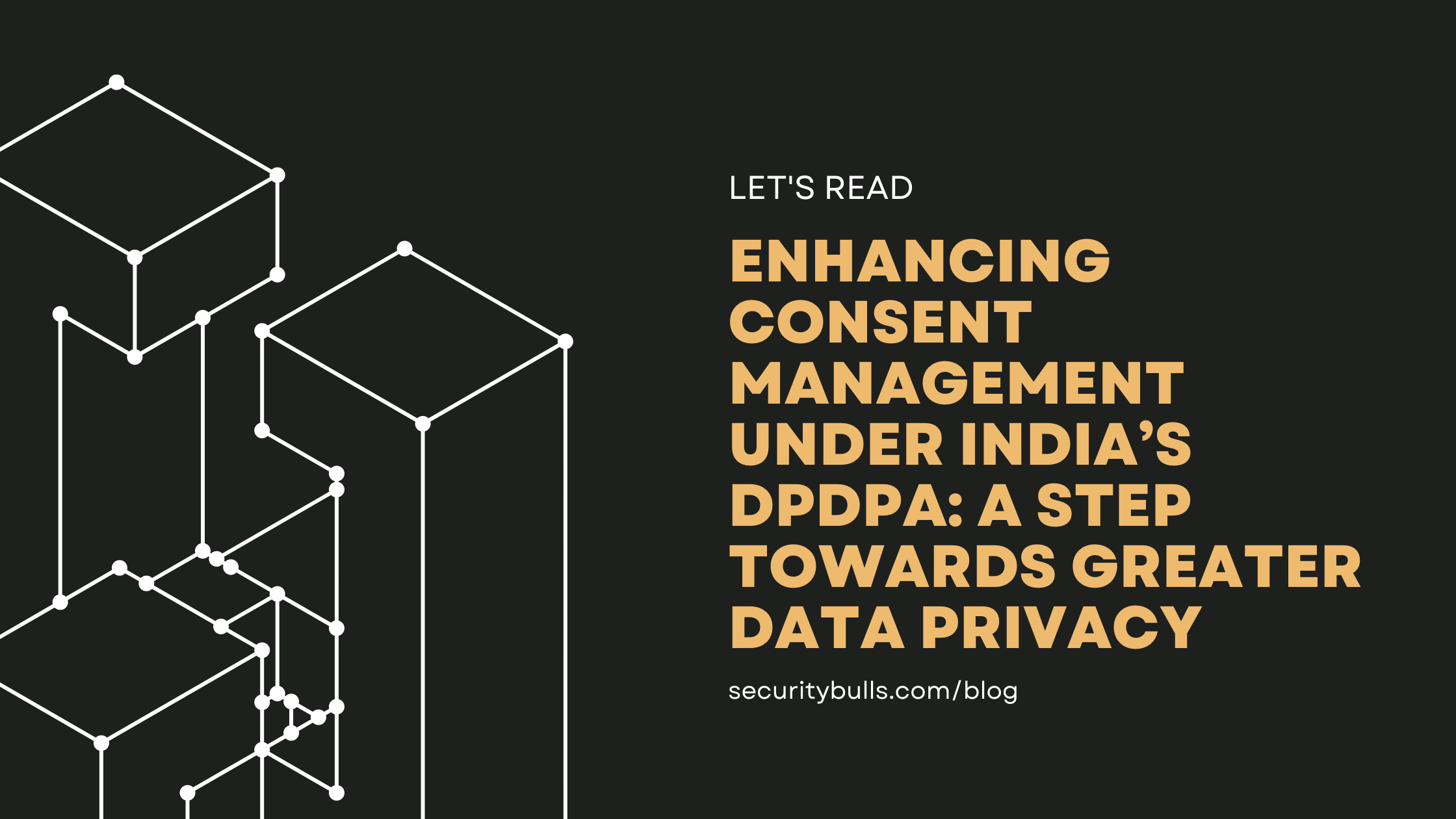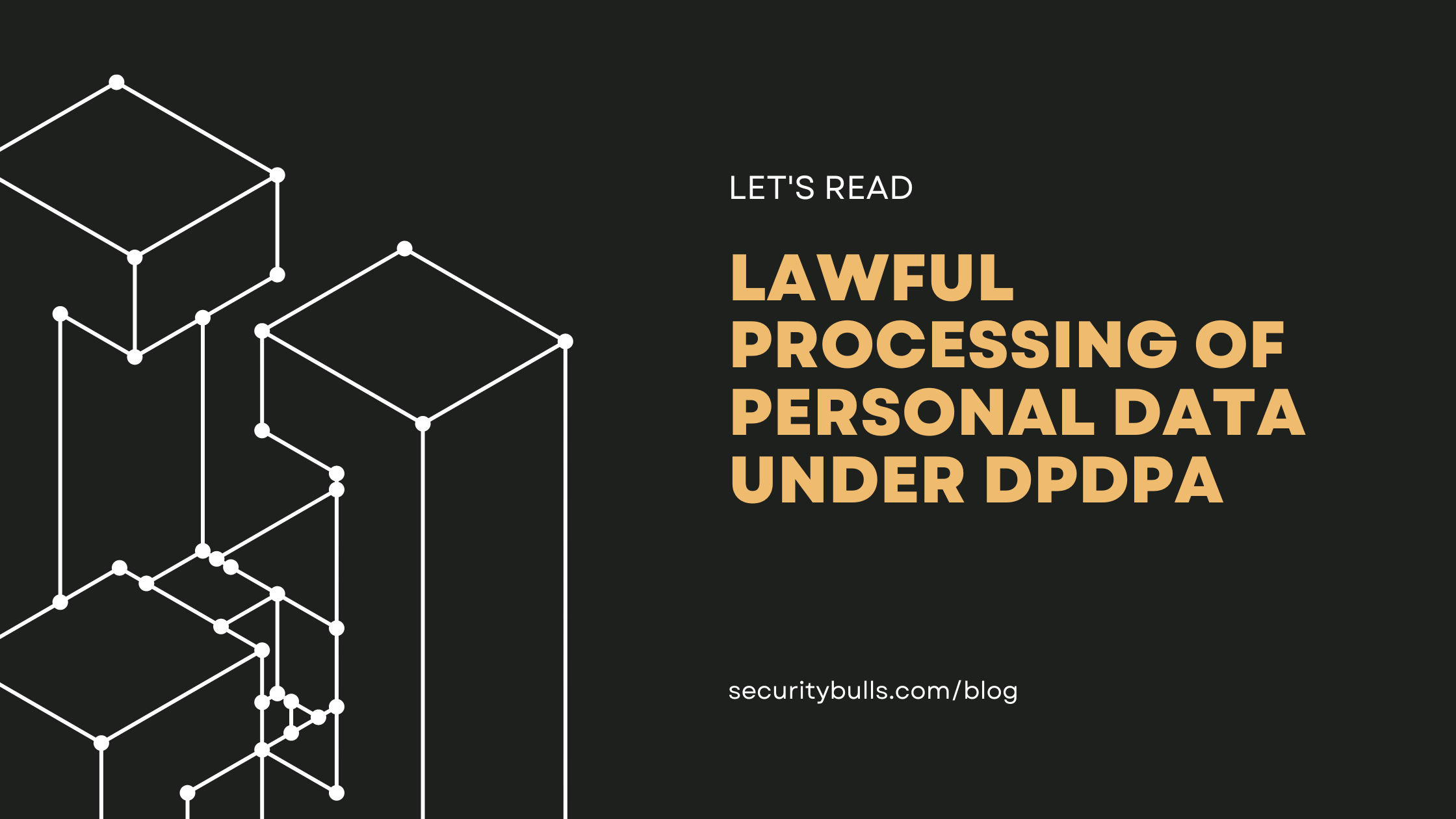The data privacy landscape has been witnessing major shifts lately. With regulations becoming stricter and new bills like Digital Personal Data Protection being imposed, companies have become greatly accountable for their data processing facilities. While consumers enjoy greater freedom on keeping tabs on the processing of their data, companies now require levelling up the security posture of their data processing infrastructure. That leads us to a pressing question- What does it take for companies to be at par with data privacy regulations?
The answer to this question goes way beyond a defined set of rules. Regulatory bodies have been keen on drawing data privacy rules from the gold standard of the “General Data Protection Regulation” (GDPR). That requires organizations to have the explicit consent of the consumer before processing their data. And the intricacies go even deeper. Violations of data privacy norms can make things go awry for any organization. Things can go west to the extent of huge regulatory penalties.
Repercussions of ineffective data privacy infrastructure can wreak havoc on organizations dealing with critical data of consumers. Sectors like fintech and health tech are now required to thoroughly implement data privacy regulations in order to keep their businesses going. Here are a few suggestions that can help:
- Inculcate the element of data privacy into existing systems: Embedding “Privacy by Default” into existing systems can negate the risks associated with unnecessary processing of data. Privacy by default establishes that only data that is necessarily required to be processed must be processed. This brings greater transparency into the process for the consumers. This framework can offer a secure proposition to organizations dealing with sensitive data like personally identifiable information (PII), personal health information (PHI), sensitive financial details of an individual, etc.
- Manage third-party risks effectively: Almost every organization employs third-party services in some way. It is crucial to manage risks pertaining to them especially when they have to be trusted with consumer’s sensitive data. While it may seem hard to manage something not directly under the organization’s control, a security advisor can help a way out. They can help formulate contracts and procedures to define data processing operations taking regulatory requirements into account.
- Stay updated with regulatory changes: With the regulatory landscape constantly gravitating towards the protection of consumer data, the imposition of greater restrictions on data processing has become inevitable. This demands organizations to keep up with the changing security environment. One of the most promising steps to take is to sign up for membership with organizations like IAPP, DPWF, ISACA, etc. These organizations can help stay updated with changing regulatory environment.
Organizations now not only require improving their data processing facilities but also need to ensure a smooth transition to avoid business disruption. An organization can choose to train its own personnel or appoint a Data Protection Officer (DPO) to take care of its data privacy concerns. However, training one’s personnel for a job so complex comes with its own set of challenges. More often than not, organizations choose to be covered by an industry expert in such matters. Security advisors have an ace up their sleeve since strengthening the security posture is their core job.
Companies have to take it upon themselves to relentlessly impose data privacy regulations and measures in order to ensure they’re adequately protecting their customer’s data. Adopting solutions and services from reliable service providers lie Securitybulls can help ensure that organizations not only comply with the mandated regulations but use data privacy solutions that go beyond compliance, improve operational efficiency, and mitigate potential risks. Simultaneously increase trust among customers by making sure that their personal data is kept private and secure. In today’s digital era, robust data privacy processes are an inevitability for businesses to stay relevant and sophisticated in handling consumer data.
